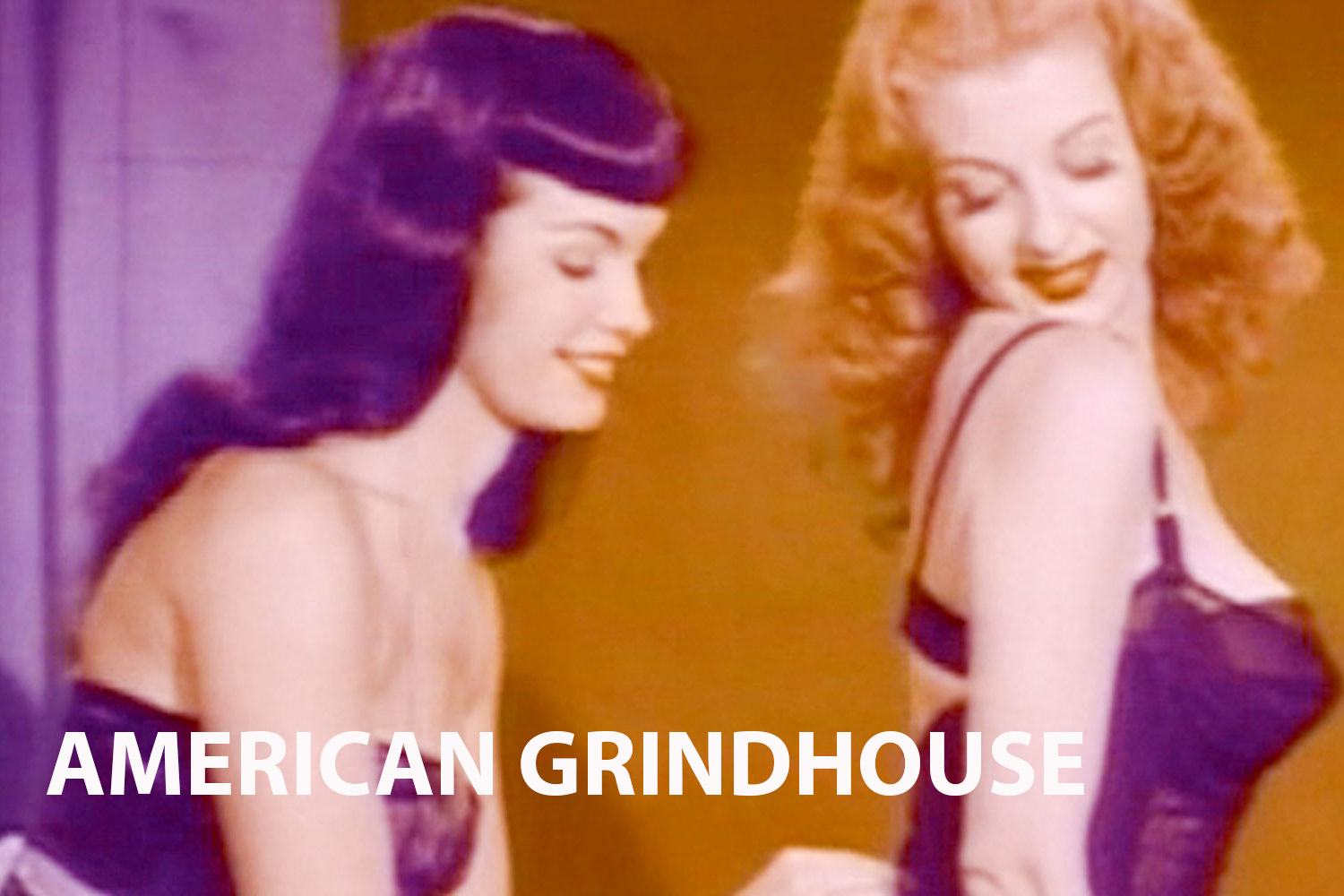Keywords: American Grindhouse, exploitation cinema, film history, Elijah Drenner, documentary, 1970s, Three words: Gruesome, revealing, nostalgic
Introduction
"American Grindhouse" is a gripping exploration of the history of exploitation movies. Directed by Elijah Drenner and released in 2010, this documentary delves into the origins and evolution of these provocative films from the silent movie era to the 1970s.
Synopsis
"American Grindhouse" offers a comprehensive overview of exploitation cinema—a genre characterized by its low-budget, high-shock-value films. It traces the development of this genre from its nascent stages in silent films to its heyday in the 1970s. The documentary reveals how exploitation films capitalized on taboos and societal fears to engage and shock their audiences.
More Film Analysis
Analysis
"American Grindhouse" uses a mix of archival footage, film clips, and interviews with filmmakers, historians, and critics to present a well-rounded picture of exploitation cinema. The film's depth of research and exploration of the subject is commendable, providing viewers with an understanding of the inspiration, motivation, and cultural implications of these films.
Historical and Factual Context
The documentary provides valuable contextual information about the historical and cultural climate in which exploitation cinema thrived. It highlights the societal taboos and fears that these films played upon, and how they reflected the changing moral landscape of America over the decades.
Key themes in the film
- The evolution of exploitation cinema
- The societal taboos and fears exploited by these films
- The cultural and historical context of exploitation cinema
Film Comparisons
"American Grindhouse" can be compared to other film history documentaries like "The Pervert's Guide to Cinema" or "Room 237". However, its focus on exploitation cinema and the use of archival footage and interviews make it a unique exploration of this often overlooked film genre.
Noteworthy Moments
One significant revelation in the documentary is the role of exploitation cinema in pushing boundaries and challenging societal norms. Another noteworthy moment is the in-depth discussion about the impact of these films on mainstream cinema.
Reviews
This documentary was well-received by both audiences and critics. Critics praised its comprehensive historical analysis and insightful commentary. As one reviewer said, "American Grindhouse" is "a treasure trove for film history buffs."
Conclusion
"American Grindhouse" is an important exploration of a genre that has had a significant impact on American cinema. It is a must-watch for film enthusiasts, history buffs, and anyone interested in understanding the darker side of Hollywood.
More film information:
FILM SUMMARY
- IMDB score: 7.1
- Rotten Tomatoes score: N/A
- Metacritic score: N/A
- Film festival awards: N/A
PERSONALITIES
- Elijah Drenner: Director
- Various Film Historians: Interviewees
LOCATIONS
- Hollywood, USA
Key Questions Raised by the Film:
- How did exploitation cinema evolve over the decades?
- How did these films reflect the societal fears and taboos of their time?
- What impact did exploitation cinema have on mainstream Hollywood films?
Links for Further Exploration:
I wonder what the film would be in another art form



- If this film was a famous book, it would be "Hollywood Babylon" by Kenneth Anger because of its exploration of the darker side of cinema.
- If this film was a famous song, it would be "Hotel California" by the Eagles because of its dark undertones and commentary on American culture.
- If this film was a famous piece of art, it would be Edvard Munch's "The Scream" for its ability to provoke and disturb.
- If this film was a famous celebrity, it would be Quentin Tarantino for his appreciation of exploitation cinema.
- If this film was a color, it would be red for its boldness and intensity.
- If this film was a music style, it would be punk rock for its subversive and rebellious nature.








